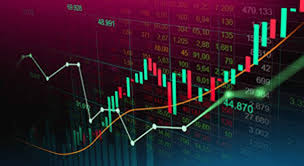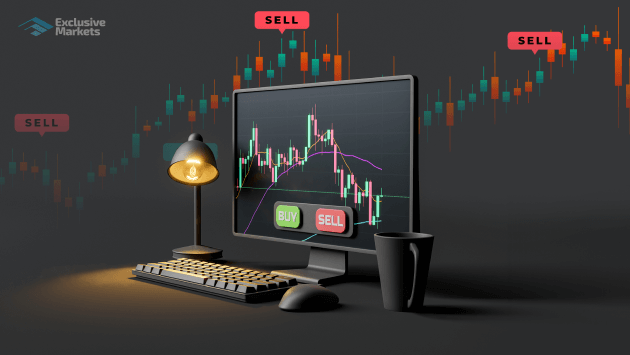
In the world of trading, two of the most popular markets are Forex and stocks. Each market offers unique opportunities and challenges, attracting different types of traders. For those looking to navigate these waters, understanding the differences between these markets is crucial. This article will delve into the fundamentals of forex trading and stock trading, comparing their features, benefits, and drawbacks to help you make an informed decision. Don’t forget to check out trading forex vs stocks Trading PH for more resources on trading strategies and insights.
Understanding Forex Trading
Forex, or foreign exchange, is the market where currencies are traded. It is the largest financial market in the world, with a daily trading volume exceeding $6 trillion. Forex trading involves the simultaneous buying of one currency and selling of another, which is typically done in pairs, such as EUR/USD or GBP/JPY.
Market Structure
The Forex market operates 24 hours a day, five days a week, allowing traders to engage at almost any time. This market is decentralized, meaning that it does not have a physical location; trades occur over-the-counter (OTC) through a network of banks, brokers, and electronic trading platforms.
Liquidity
Forex is known for its high liquidity. Major currency pairs have a vast number of buyers and sellers, which results in tight spreads and minimal slippage. High liquidity also means that traders can enter and exit positions quickly, which is a significant advantage for day traders and scalpers.
Leverage
Leverage is a double-edged sword in Forex trading. Brokers often offer high leverage ratios, sometimes up to 100:1 or more. While leverage can amplify profits, it can also magnify losses, making it essential for traders to implement strict risk management strategies.

Understanding Stock Trading
Stock trading involves buying and selling shares of publicly listed companies. Unlike the Forex market, the stock market is centralized and operates through various exchanges, such as the New York Stock Exchange (NYSE) and the Nasdaq. Investors buy stocks aiming for capital appreciation and dividends.
Market Hours
Stock markets typically have set trading hours. For example, the NYSE is open from 9:30 AM to 4 PM EST. This limited timeframe can be a disadvantage for traders who prefer to react to market news outside of regular hours. However, pre-market and after-hours trading have become popular, allowing for some extended flexibility.
Types of Investments
Investing in stocks can take various forms: long-term investing, where one buys and holds stocks to benefit from company growth; day trading, where shares are bought and sold within the same day; or swing trading, where traders hold positions for several days to capitalize on short-term price movements. Each strategy demands a different skill set and approach.
Comparison of Forex and Stock Trading
Market Accessibility
Forex trading is more accessible for retail traders due to low entry costs. Most brokers allow traders to start with a relatively small amount of capital. In contrast, stock trading requires purchasing entire shares, which can be cost-prohibitive for high-priced stocks.

Volatility and Risk
Both Forex and stock markets exhibit volatility; however, Forex markets can be more volatile due to factors such as geopolitical events, economic data releases, and central bank decisions. Stock prices can also be influenced by company performance and broader economic indicators. Traders must assess their risk tolerance when choosing between these markets.
Technical vs. Fundamental Analysis
Traders in both markets utilize technical and fundamental analysis. Forex traders often rely more heavily on technical indicators and chart patterns due to the 24-hour nature of the market. On the other hand, stock traders may incorporate news and earnings reports in their strategies. Understanding these analyses can significantly impact trading success in either market.
Deciding Which Market Is Right for You
Choosing between Forex and stock trading often comes down to individual preferences, trading goals, and risk tolerance. Here are some considerations to help you make your decision:
- Trading Hours: If you prefer a flexible schedule and the ability to trade anytime, Forex might be more appealing.
- Investment Style: Consider whether you want to invest long-term in companies or engage in shorter-term trading strategies.
- Risk Management: Assess your risk appetite and choose a market that aligns with your financial situation and trading strategy.
- Learning Opportunities: Evaluate which market offers more educational resources and support for beginners.
Final Thoughts
Both Forex and stock trading present unique opportunities and challenges. While Forex is a fast-paced, high-liquidity market, stock trading offers a tangible connection to companies and their performance. Assess your goals, strategy, and risk tolerance to determine which market aligns best with your trading style. Continuous education, practice, and adapting to market conditions will enhance your success, regardless of the direction you choose.
Leave a reply





